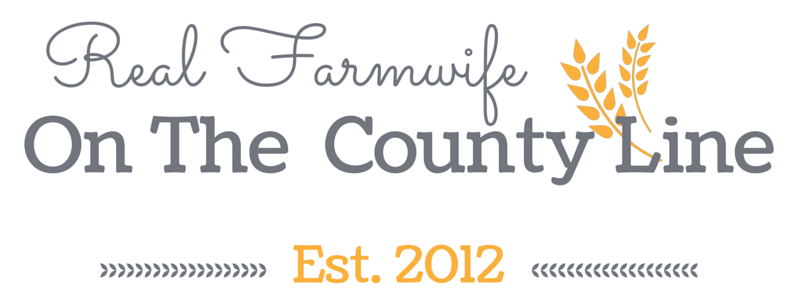Time of the Season: Calving
Is there anything better than watching baby calves kick up their heels in the sunshine? For us, that’s one of the favorite things we see on the farmscape.
There’s no doubt that baby farm animals are just plain cute, but we know that from a herd health standpoint that calves who race around with tails straight up in the air are feeling good. It’s always fun to watch the antics and energy of little ones, but also reassuring that all is well. We breathe a sigh of relief, for we know that treating sick calves can be an uphill battle.
While we try to do all we can to prevent conditions that promote disease, occasionally a health issue arises. Any calf who doesn’t join in the fun is one we observe. Body language like a head down or back hunched can be the first indication of trouble. We note the tag or any distinguishing traits so that we may continue to check up on the calf as needed. We watch for loose stools, nasal discharge, cloudiness or discharge in the eye, or injury. Sometimes a calf improves by itself, but sometimes treatment is needed.
Livestock behavior must also be considered in the context. Like all babies, sometimes the calves just need a nap. In the middle of the day, flat napping calves is not cause for alarm. However, there are times when this position signals a very serious problem. It’s one of the reasons that we aim to be diligent in observing our herd – we never want to see a flat calf who is not happily napping as it could be fighting serious dehydration or high fever or worse.
Whatever the problem, we address it accordingly whether that means administering electrolytes, a dose of antibiotics, or whatever our veterinarian might recommend.
All of this is common sense to the cattlemen (and women) in Nebraska. There’s a culture of having great respect for the animals and doing whatever possible to promote a healthy environment for the herd. It might mean battling Mother Nature during bitter winter weather. It often includes waking up several times during the night to check on heifers and cows who are about to calve. It means having the veterinarian’s phone number memorized.
Now that I think about it, there is something better than watching baby calves kick up their heels in the sunshine. It’s watching my boys learn and understand calf health, and appreciate the sight of good herd health just as much as we do.


